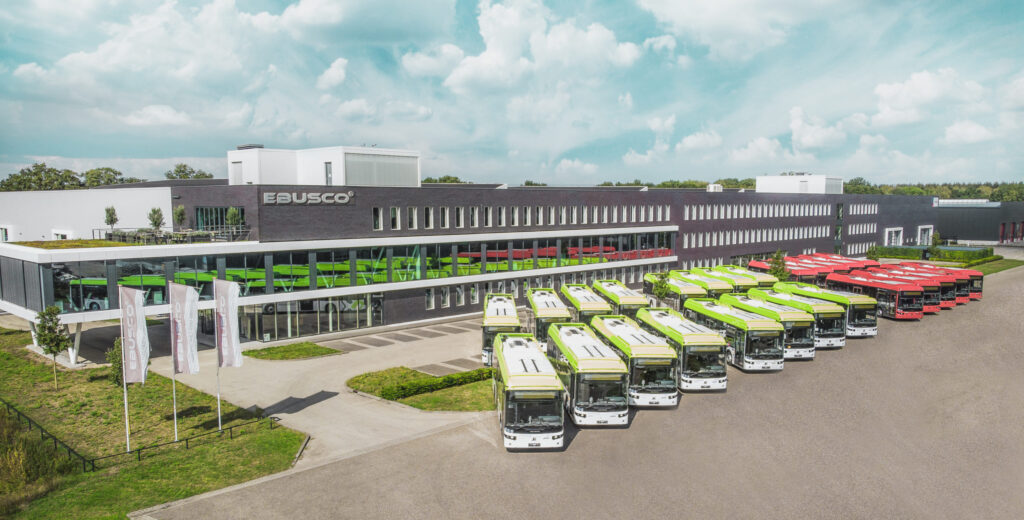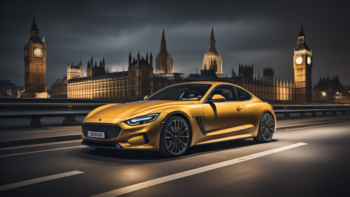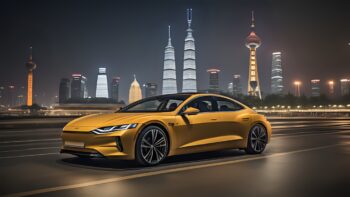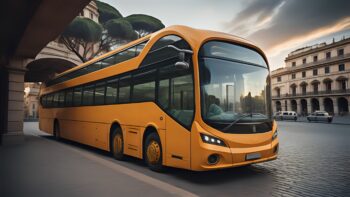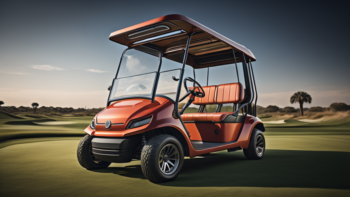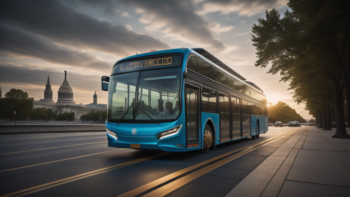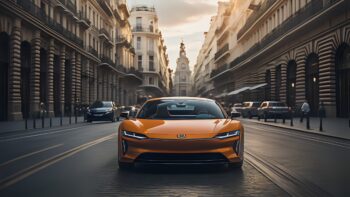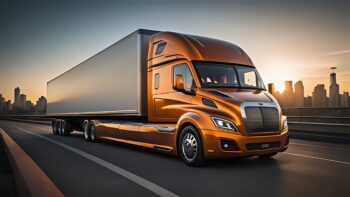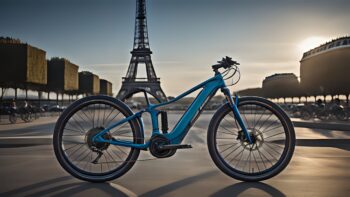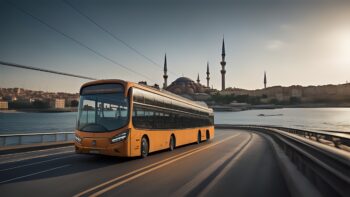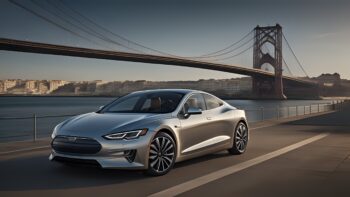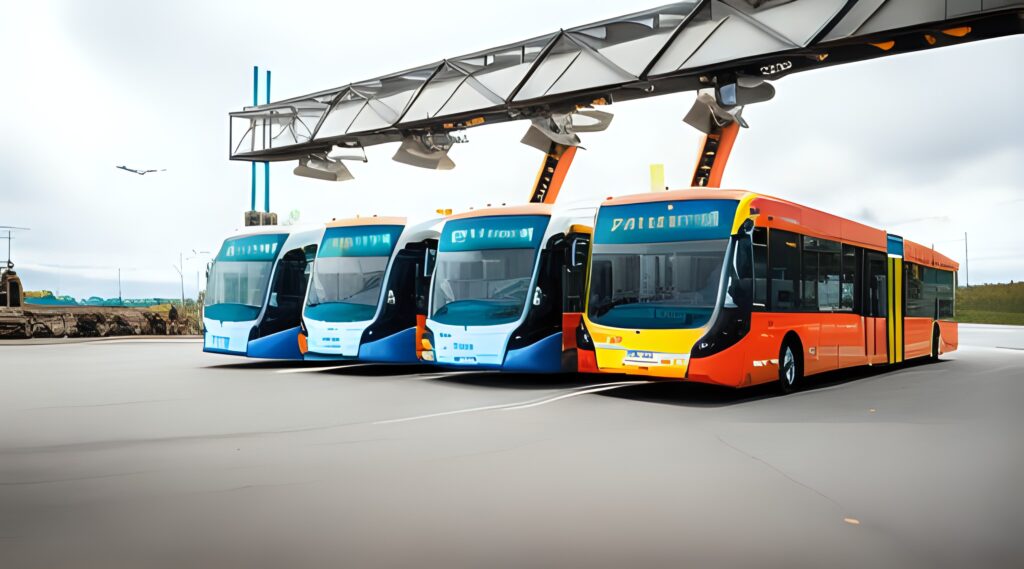
Electric Buses
Listing Category by product
Electric bus manufacturer
Electric bus manufacturers are pivotal in the transition towards sustainable urban transportation. They specialize in designing and producing buses equipped with electric propulsion systems, significantly reducing carbon emissions and noise pollution in cities. By leveraging advancements in battery technology and vehicle engineering, these manufacturers offer efficient, reliable, and eco-friendly mass transit solutions. Their commitment to innovation and environmental stewardship is reshaping public transportation networks globally, addressing the growing demand for cleaner and quieter buses to enhance urban mobility and combat climate change.
eBus market growth
The global market for e-buses is experiencing remarkable growth as cities worldwide seek sustainable solutions to urban transportation challenges. With increasing concerns about air pollution and climate change, electric buses have emerged as a viable alternative to traditional diesel buses. Major cities like London, Beijing, and Los Angeles and many others, are leading the transition to e-buses, driven by government incentives, environmental regulations, and a growing demand for clean mobility options. Manufacturers are ramping up production to meet this demand, offering a diverse range of electric bus models with improved efficiency, range, and performance. As cities continue to prioritize sustainability, the ebus market is expected to expand further, reshaping public transportation systems and reducing emissions globally.
Battery technology
Batteries play a crucial role in the operation of electric buses, providing the energy needed to power the vehicle’s electric motor. Lithium-ion batteries are the most common choice for electric buses due to their high energy density, reliability, and fast-charging capabilities. These batteries store energy during off-peak hours or when the bus is stationary, allowing for continuous operation throughout the day. Manufacturers are continuously improving battery technology to enhance range, performance, and longevity, making electric buses more efficient and cost-effective. Advanced battery management systems ensure the safety and optimal performance of electric bus batteries, contributing to the overall reliability of ebus fleets.
The evolution of electric drivetrain
The electric drivetrain is a critical component of electric buses, responsible for converting electrical energy stored in batteries into mechanical energy to propel the vehicle. Electric buses typically use AC or DC electric motors, depending on the specific application and design requirements. AC motors are preferred for their higher efficiency and regenerative braking capabilities, which help to improve overall energy efficiency and extend battery range. Additionally, electric buses often incorporate regenerative braking systems, which capture and store energy during deceleration, further enhancing their energy efficiency. With ongoing advancements in electric drivetrain technology, electric buses are becoming increasingly efficient, reliable, and cost-effective, driving the global transition to sustainable urban transportation solutions.
